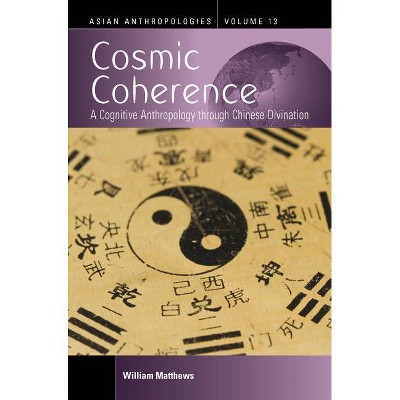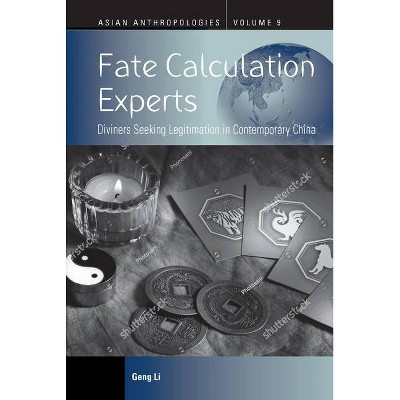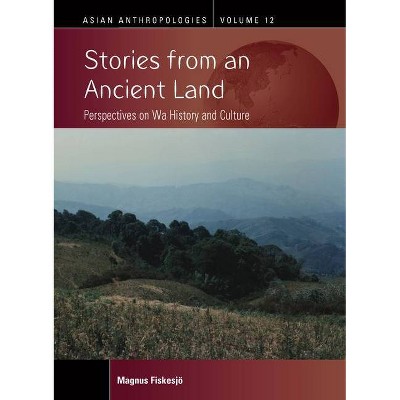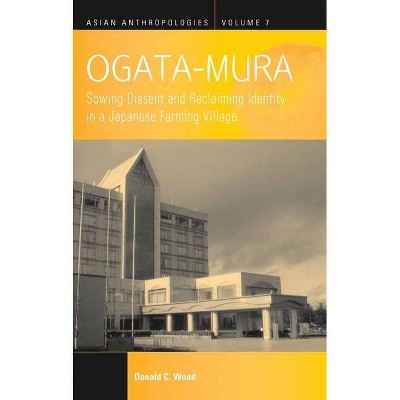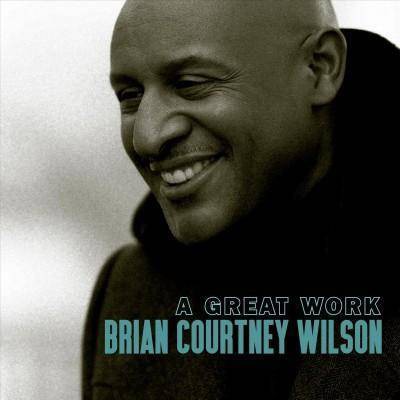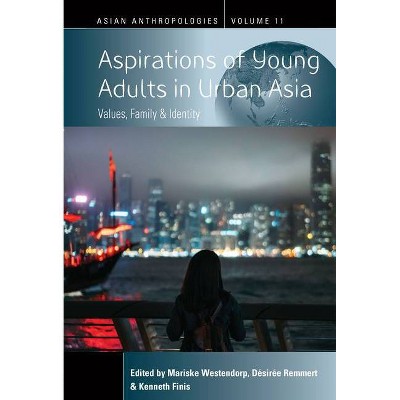Tides of Empire - (Asian Anthropologies) by Courtney Work (Hardcover)
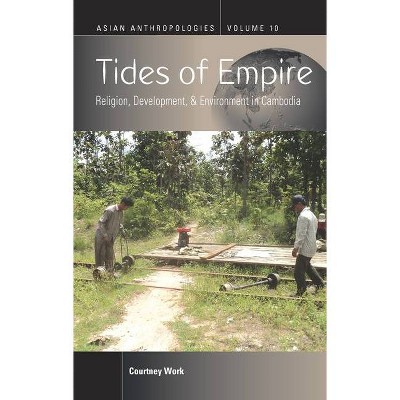
Similar Products
Products of same category from the store
AllProduct info
<p/><br></br><p><b> About the Book </b></p></br></br>"At the forested edge of Cambodia's development frontier, the infrastructures of global development engulf the land and existing social practices like an incoming tide. Cambodia's distinctive history of imperial surge and rupture makes it easier to see the remains of earlier tides, which are embedded in the physical landscape, and also floating about in the solidifying boundaries of religious, economic, and political classifications. Using stories from the hybrid population of settler-farmers, loggers, and soldiers, all cutting new social realities from the water and the land, this book illuminates the contradictions and continuities in what the author suggests is the final tide of empire"--<p/><br></br><p><b> Book Synopsis </b></p></br></br><p> At the forested edge of Cambodia's development frontier, the infrastructures of global development engulf the land and existing social practices like an incoming tide. Cambodia's distinctive history of imperial surge and rupture makes it easier to see the remains of earlier tides, which are embedded in the physical landscape, and also floating about in the solidifying boundaries of religious, economic, and political classifications. Using stories from the hybrid population of settler-farmers, loggers, and soldiers, all cutting new social realities from the water and the land, this book illuminates the contradictions and continuities in what the author suggests is the final tide of empire.</p><p/><br></br><p><b> Review Quotes </b></p></br></br><br><p> <em>"The book contains exciting discussions, especially for studying religion and environment...It is a provocative book that promises to reopen debates about state-society-environment arrangements in Cambodia both past and present and to enrich the anthropological study of human-nature relationships."</em> <strong>- South East Asisa Research</strong></p> <p> <em>"</em>Tides of Empire <em>is a provocative book that advances long submerged connections among state development, layered religious practices, and ecological or place-making endeavors in Southeast Asia."</em> <strong>- Lorraine V. Aragon</strong>, University of North Carolina</p><br><p/><br></br><p><b> About the Author </b></p></br></br><p> <strong>Courtney Work</strong> is Assistant Professor in the Department of Ethnology, National Chengchi University. She studied at Cornell University, and has published multiple papers on the intersections of religion, traditional practices, and the politics of land, global development, and climate change.</p>
Price History
Price Archive shows prices from various stores, lets you see history and find the cheapest. There is no actual sale on the website. For all support, inquiry and suggestion messagescommunication@pricearchive.us
